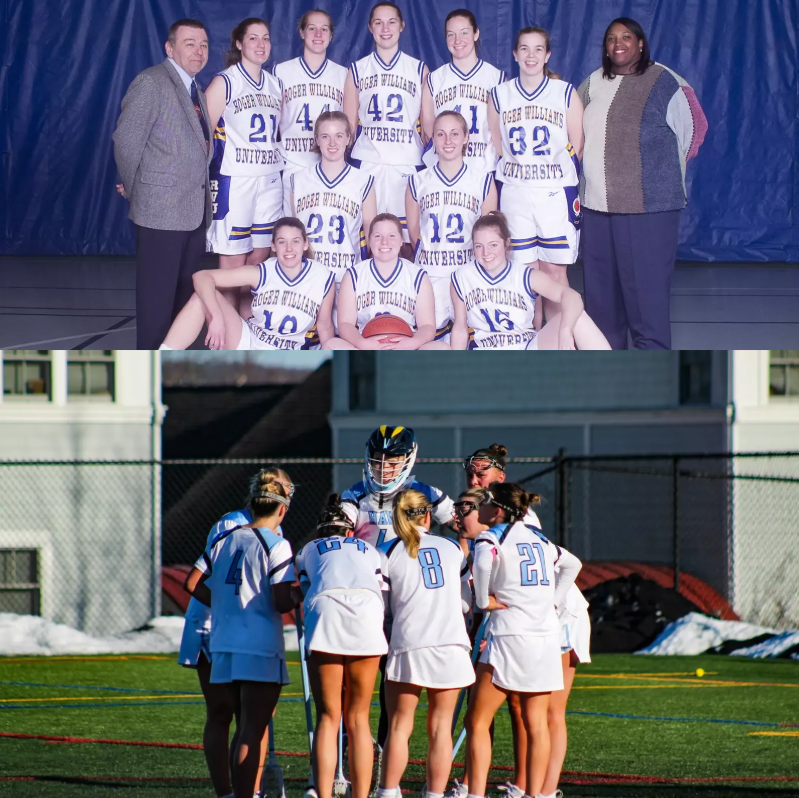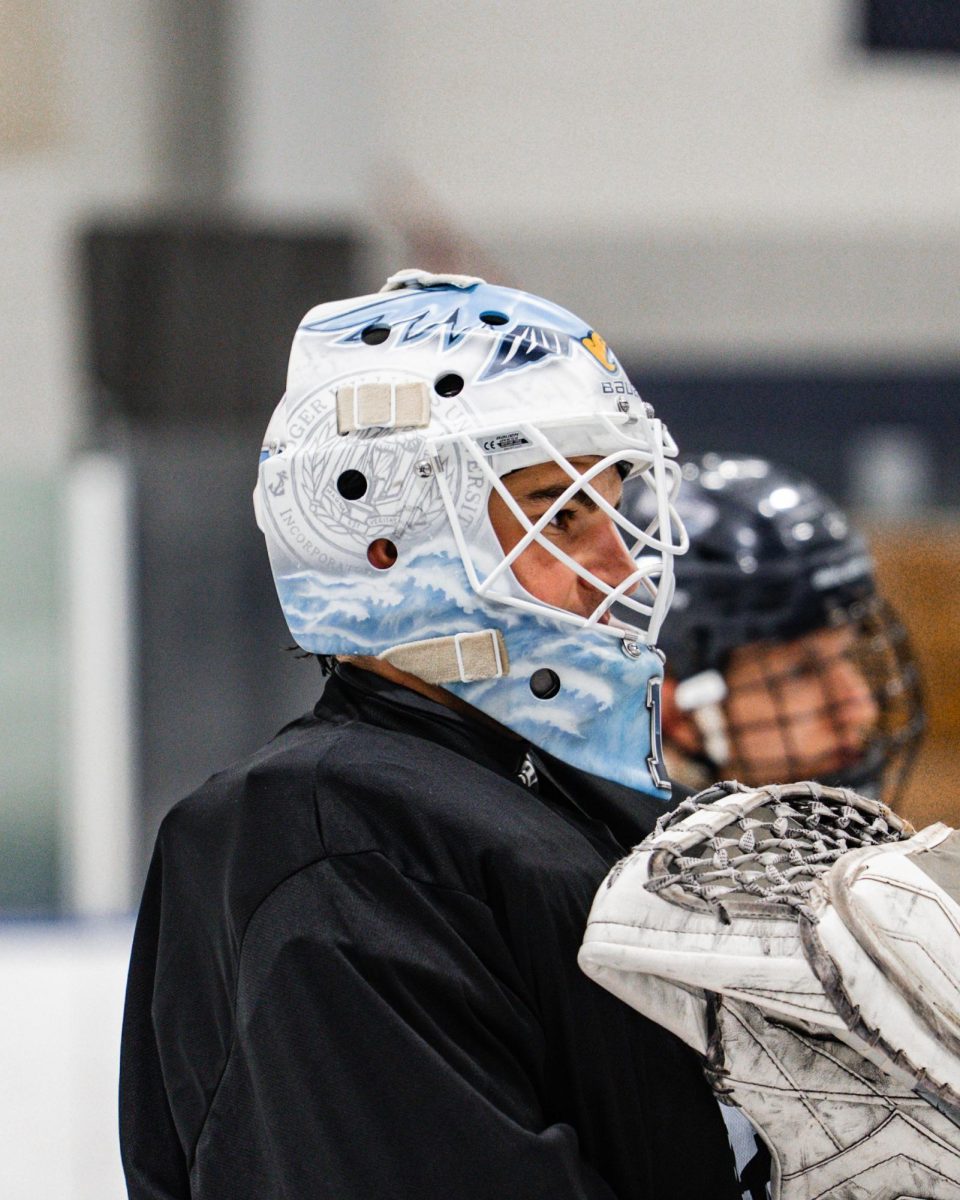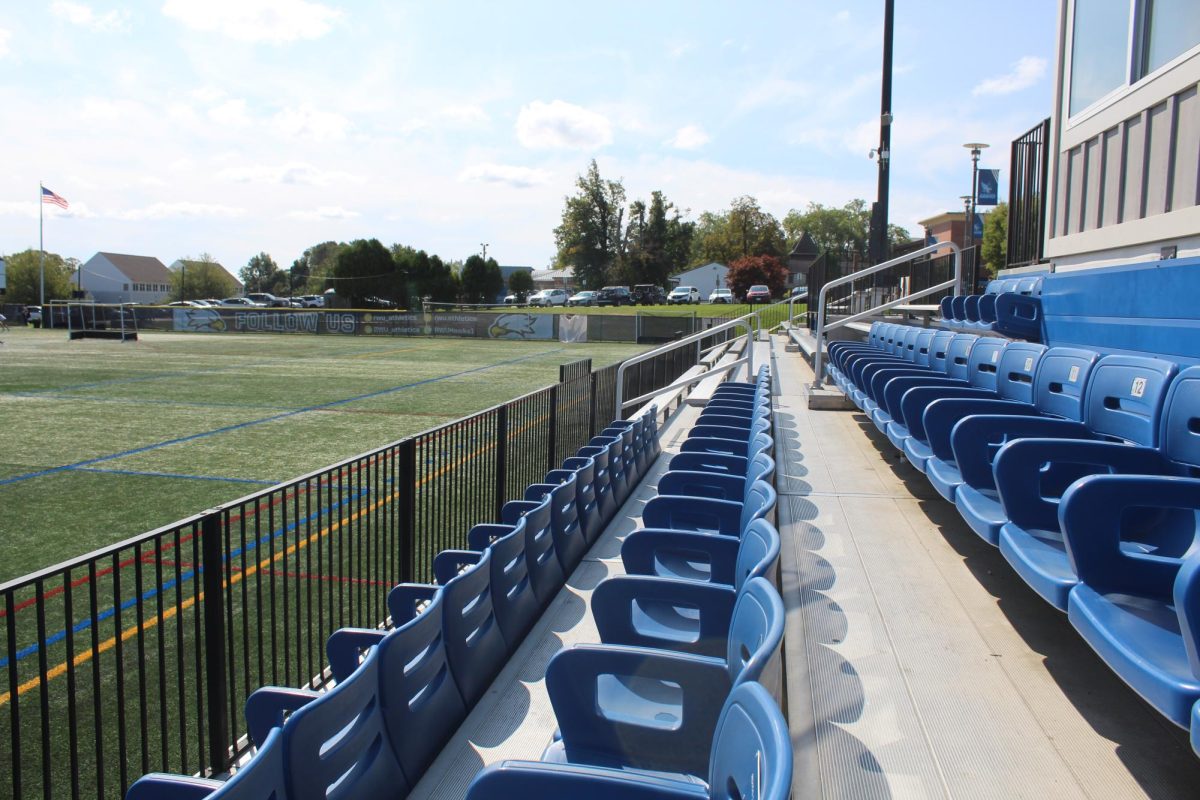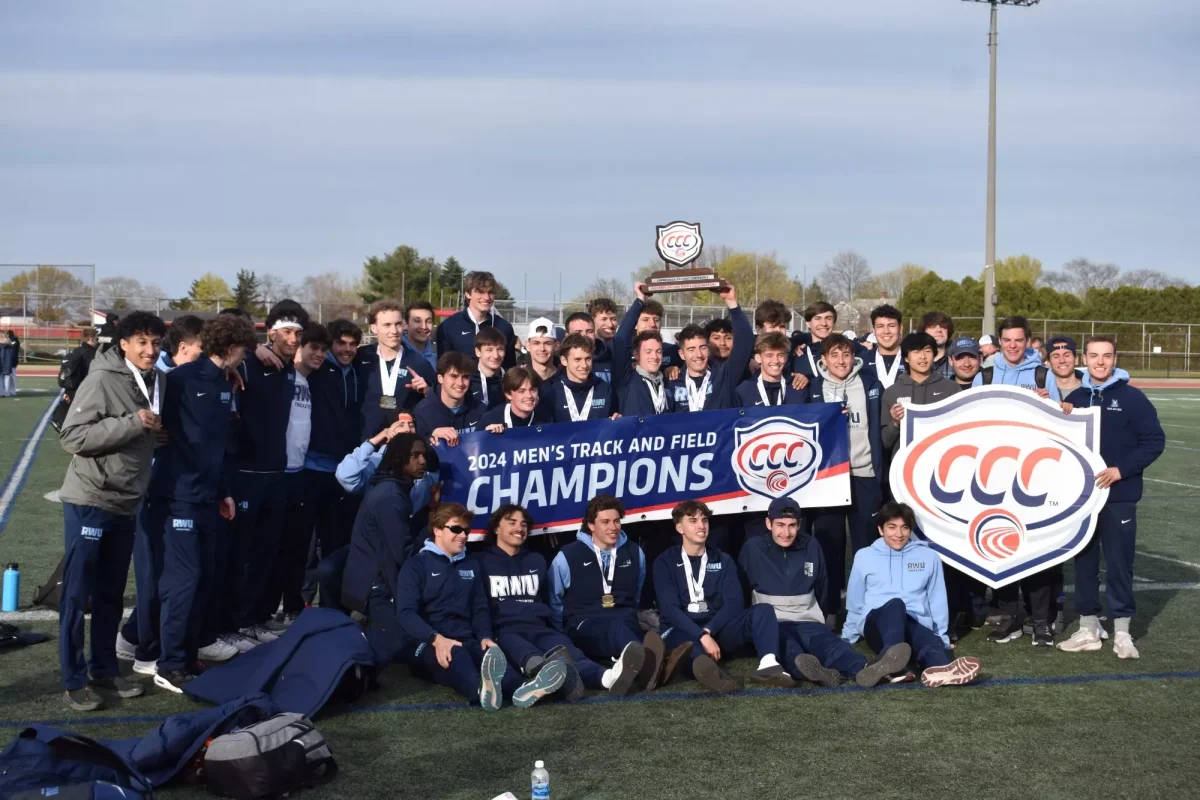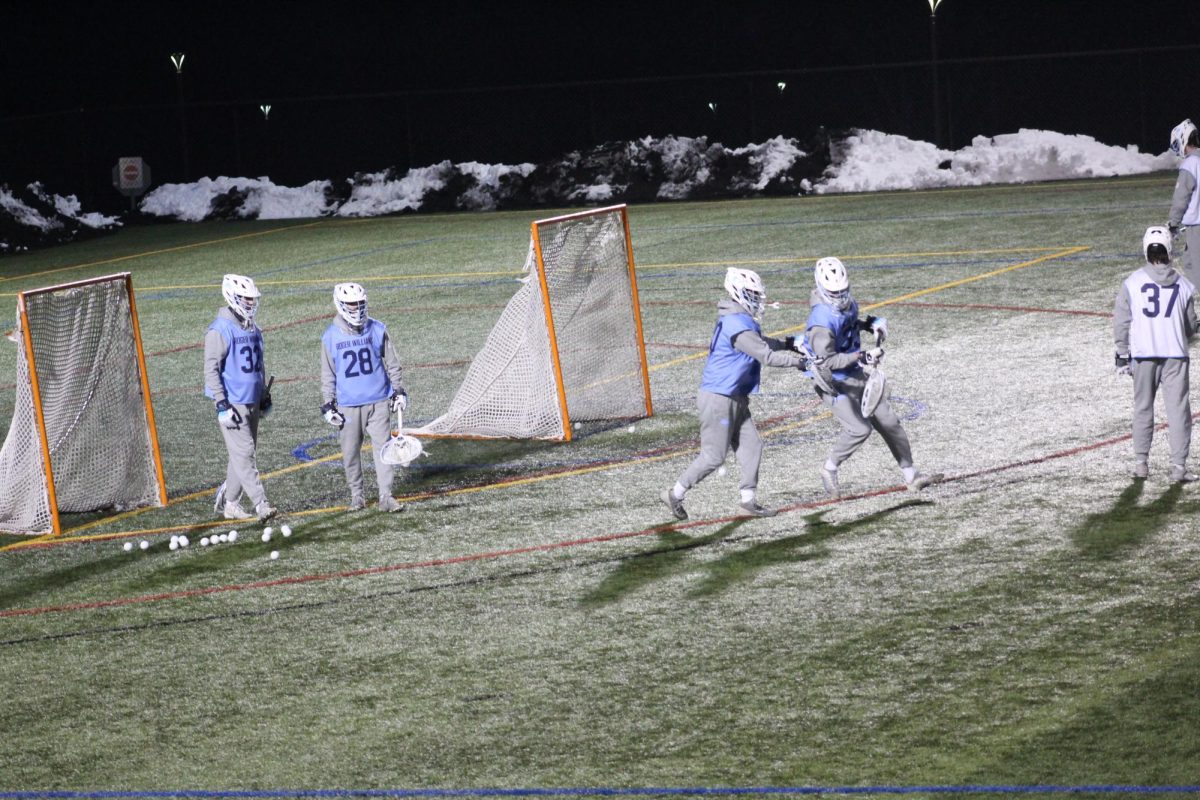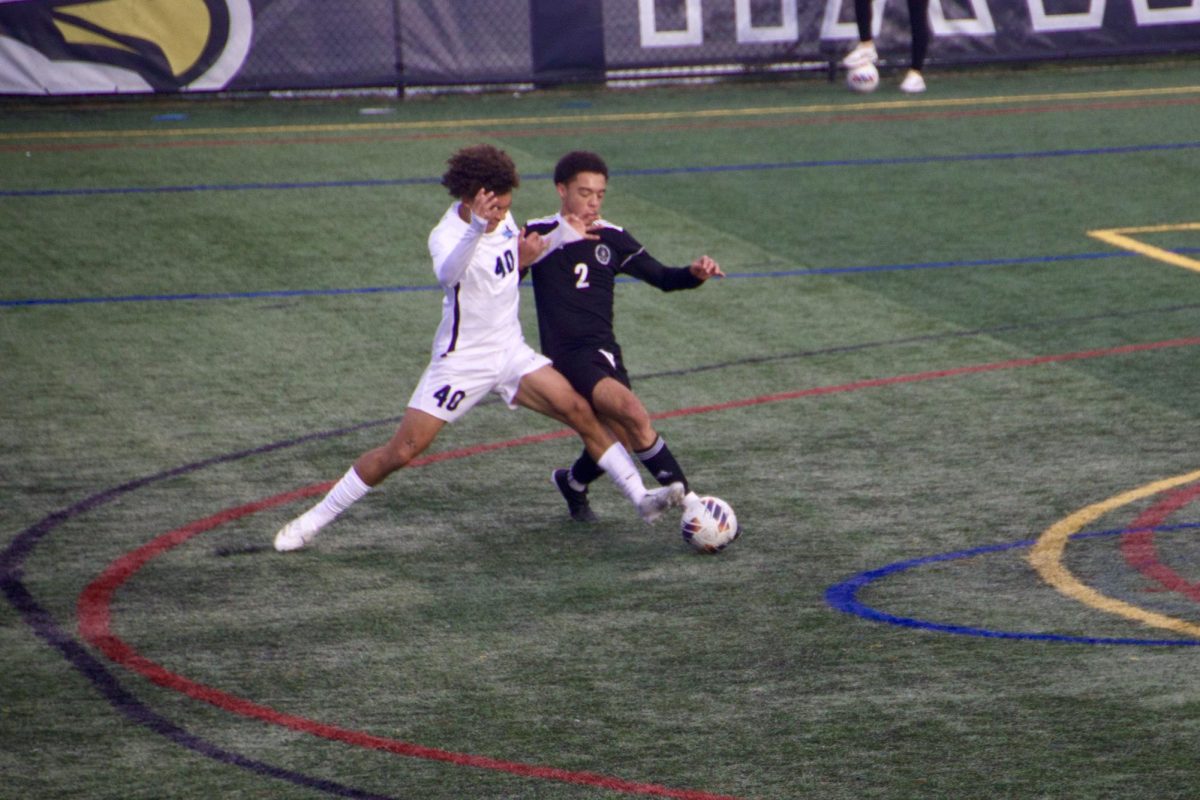It has been 37 years since March was first recognized as Women’s History Month, yet women athletes around the world still face unequal treatment. One of four captains for RWU’s women’s lacrosse team, Senior Kimberly Creegan believes there is still work to be done for more equal treatment.
“It’s just especially in lacrosse, the difference of it. They call a lot of fouls. They don’t let us play through as much as they let the men play,” said Creegan.
Creegan played on the CCC (Commonwealth Coast Conference) all conference first team in 2024 and finished her season with 57 goals, according to the RWU athletics website.
“The talent, effort, and hard work you have are stronger than any criticism. So, keep believing in yourself and don’t let anyone’s opinions define your path,” said Creegan.
Though there has not been a complete change in equity, Director of Athletics, Intramurals, and Recreation, Kiki Jacobs believes there has been noticeable improvement.
“The one thing I would say about women’s athletics over my time as an administrator or even as a coach, it’s gotten a lot more recognition,” said Jacobs.
Beginning her time in the athletics department with Oberlin College in 2006, Jacobs reflects on the coaching differences she witnessed within her four years at the college.
“We had a couple of coaches on the women’s side at Oberlin that coach two sports. You didn’t see that on the men’s side,” said Jacobs. “You do see that at other schools, that women will be coaching two sports and men will be coaching one.”
The ratio of men’s to women’s head coaches is 11 to seven, with more men coaching women’s sports than women coaching men’s sports.
“Right now, we have a female track and field coach for both teams. It’s more rare than people think,” said Jacobs. “That is something that we athletic administrators really need to make an effort to look for women that are qualified coaches for women’s sports. Even look at women that might be qualified for men’s sports.”
Many coaches at RWU have strong backgrounds coming with years of prior coaching experience. Jacobs believes skill sets and qualifications are the two biggest factors in hiring a coach.
“An unqualified male will apply for a lot of different jobs whether they have the skill set or not. A woman tends to want to check off all the boxes on the job description before they’ll apply,” said Jacobs. “I think women need a little more encouragement to apply for the positions than you know males are like, ‘oh I can do that, I play baseball; I can coach.’”
Women’s sports historically have received less viewership than men’s sports, and with times now changing, Jacobs believes RWU can make a change as well, in student attendance for games.
“The women’s basketball plays at 5:30, which for some is a good time, and other it’s not. It’s smacked down in the middle of dinner at Upper. But we get a lot more families and kids as these games,” said Jacobs. “But then the students file in for the men’s game because it’s after dinner. So, we need to work on that to try and pack the house for that.”
RWU’s athletics has several options for women’s sports, with some new editions being ice hockey which is set to begin in 2026 and golf which is set to start in 2025. Women’s sports at RWU have found success in recent years, making three NCAA tournament appearances in just four years. Basketball, swimming, and lacrosse account for the three appearances.
“The women are really I think in a good place, and I think the women are glad to be acknowledged here at Roger Williams,” said Jacobs.

